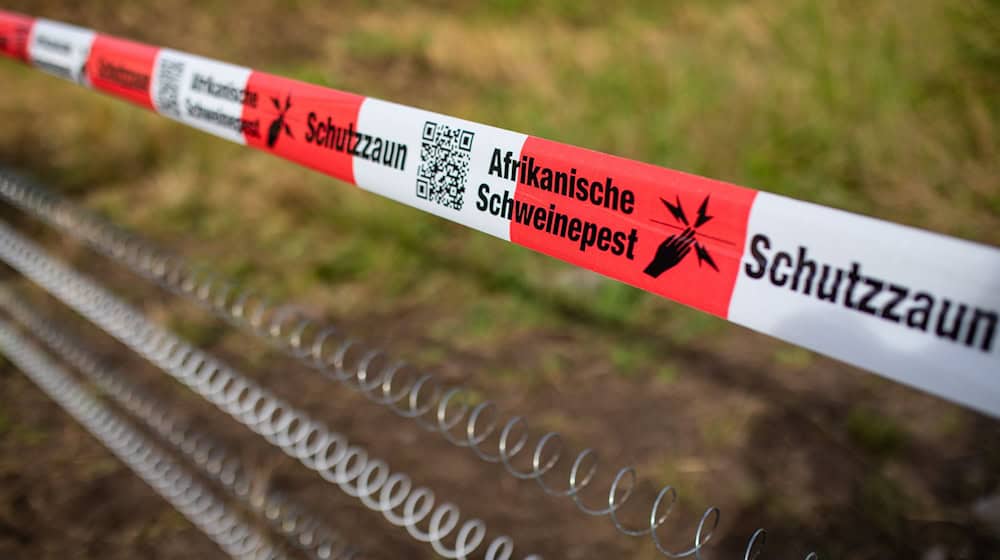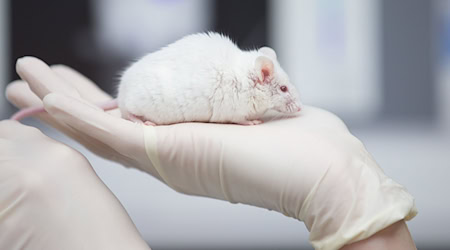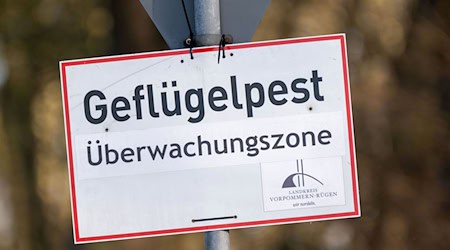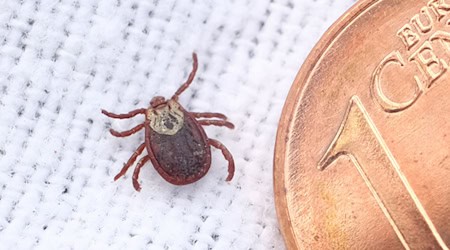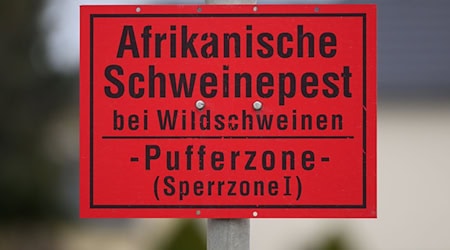African swine fever (ASF) has been further reduced in Saxony. Health Minister Petra Köpping (SPD) announced that large parts of the restricted zone to combat the animal disease have been lifted. The districts of North and Central Saxony, the district of Meißen west of the A13 and parts of Dresden to the west and south are now free of ASF again. In the districts of Bautzen and Görlitz, however, the all-clear cannot yet be given.
The lockdowns that have now been lifted were put in place due to the infection in the district of Meißen in the years 2021 to 2023. In the meantime, all cases of ASF in wild boar there have occurred more than a year ago and are therefore no longer considered active.
Almost 2,400 cases of ASF have been detected throughout Saxony since the first outbreak of the disease in October 2020. Outbreaks of African swine fever have also been detected in wild boars in Brandenburg and Mecklenburg-Western Pomerania.
Disease still active in eastern Saxony
In Saxony, the northern parts of the districts of Bautzen and Görlitz and a strip along the border with Poland are still considered to be at risk. The epidemic is still active there. This area (restricted zone II) is surrounded by a buffer zone. This restricted zone I covers the remaining parts of the districts of Bautzen and Görlitz, the eastern district of Meißen and eastern and northern districts of the state capital Dresden.
African swine fever is a viral infection that only affects pigs. It is almost always fatal and incurable. Surviving animals do not develop immunity to the virus and can become infected again. To date, there is no way to protect pigs through vaccination. The disease can be transmitted directly from animal to animal or indirectly via contaminated objects and feed.
Copyright 2024, dpa (www.dpa.de). All rights reserved

